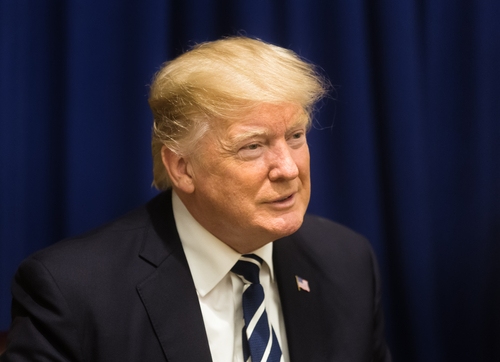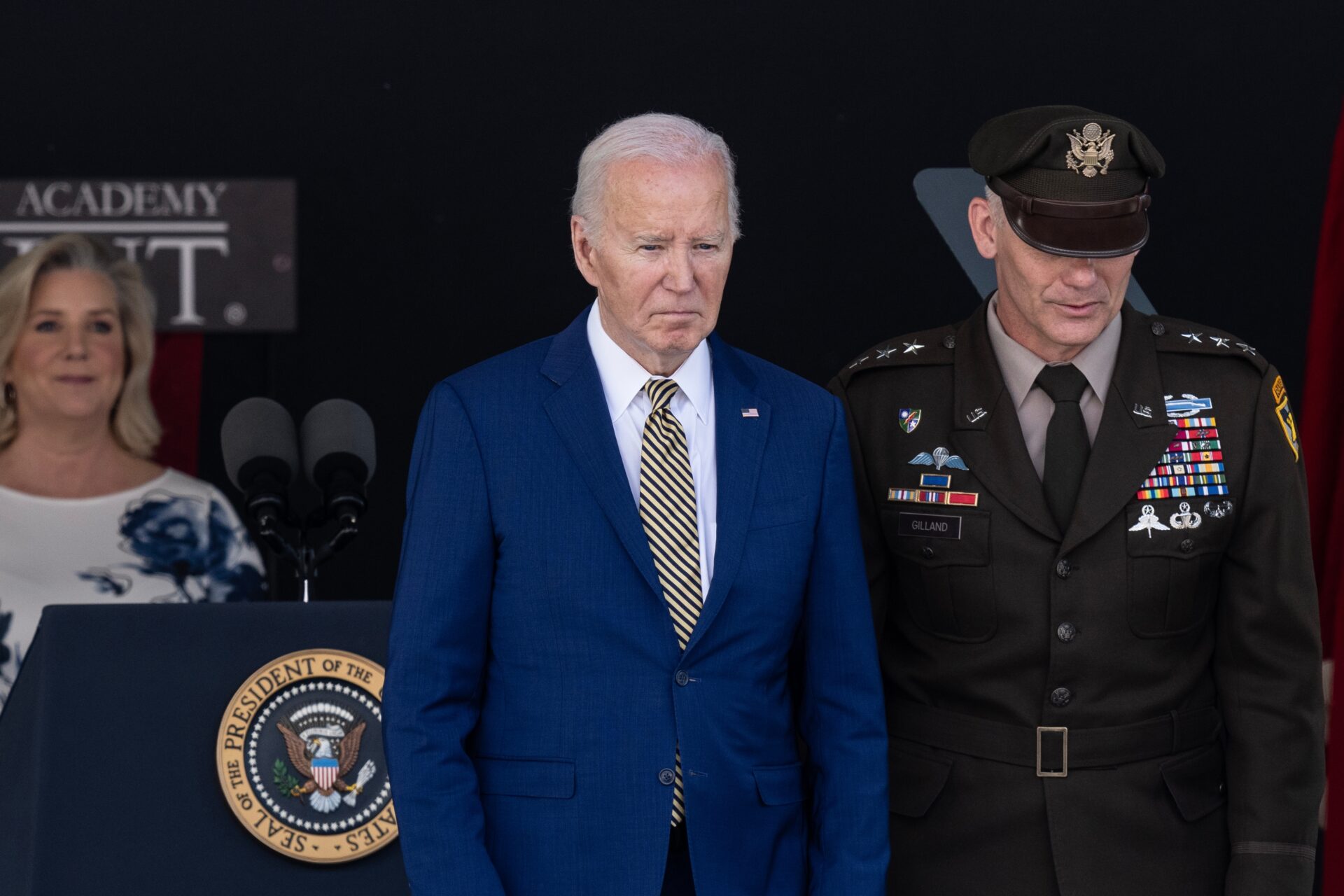A federal court has effectively paused Florida’s latest attempt to regulate children’s social media usage, citing First Amendment issues that strike at the heart of parental control and free speech.
At a Glance
- Federal judge halted a key part of Florida’s social media law regarding minors, citing First Amendment concerns.
- The law’s implementation, aimed at keeping children off social media, was set for early 2025 but now faces legal hurdles.
- Trade groups argue the law’s broad measures infringe on constitutional rights.
- Florida authorities plan to appeal, emphasizing child protection from social media’s potential harm.
Court Halts Florida’s Social Media Law
In Tallahassee, Chief U.S. District Judge Mark Walker issued a preliminary injunction against Florida’s law restricting minors’ social media access, highlighting First Amendment violations. The law initially set to bar minors under 16 from certain platforms with exceptions for those 14 to 15 years old with parental permission. Passed during 2024, its enforcement intended for January 1, faces delays after the preliminary legal halt.
This injunction comes after the trade associations, NetChoice, and the Computer & Communications Industry Association, filed a lawsuit. These tech groups assert the law unconstitutionally burdens free speech, impacting both children and potentially adults. They emphasize the state’s insufficient justification for such restrictive measures contrasted against vital constitutional freedoms.
Ongoing Legal Challenges
This ruling follows another legal battle from 2021, where trade associations similarly contested Florida’s attempt to control social media moderation. Those measures enabled individuals to sue platforms over perceived unjust bans, partially prompted by political ‘shadowbanning’ incidents. The U.S. Supreme Court eventually remanded this earlier case back to federal court in Florida, with a jury trial expected in early March.
“This ruling vindicates our argument that Florida’s statute violates the First Amendment by blocking and restricting minors – and likely adults as well – from using certain (social media) websites to view lawful content.” – Matt Schruers.
While the law’s additional provisions targeted age verification for accessing certain online content like pornographic websites, the plaintiff’s lawsuit isolates the social media clauses. Florida’s Attorney General plans to appeal, stressing that protecting minors from escalating social media addiction drives the legislation’s necessity.
A Constitutional Balancing Act
The legal and policy struggle illustrates a larger debate on balancing children’s safety with constitutional protections. Advocates for the stalled law insist that safeguarding youth from the pervasive, sometimes damaging effects of social media is paramount. On the other hand, this legal battle emphasizes the constraints our constitution wisely places on government overreach.
“Florida parents voted through their elected representatives for a law protecting kids from the harmful and sometimes lifelong tragic impacts of social media. These platforms do not have a constitutional right to addict kids to their products.” – Jeremy Redfern.
The case’s evolution in the courts will serve as a decisive moment for parental control against tech industry influences, holding critical implications for minors’ social media regulation nationwide. As we await further developments, one truth remains: Our constitution continues to be a crucial safeguard against any attempts to encroach on our fundamental rights, no matter how well-intended.






